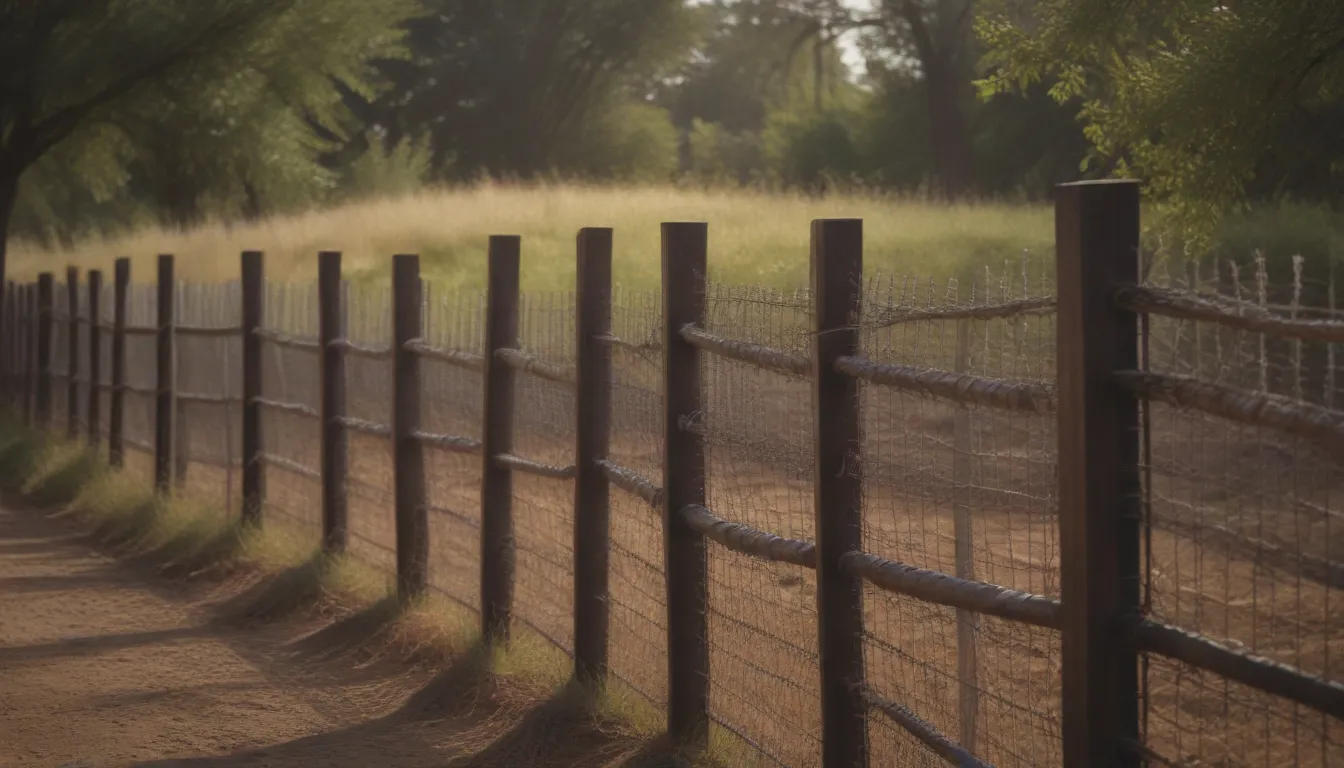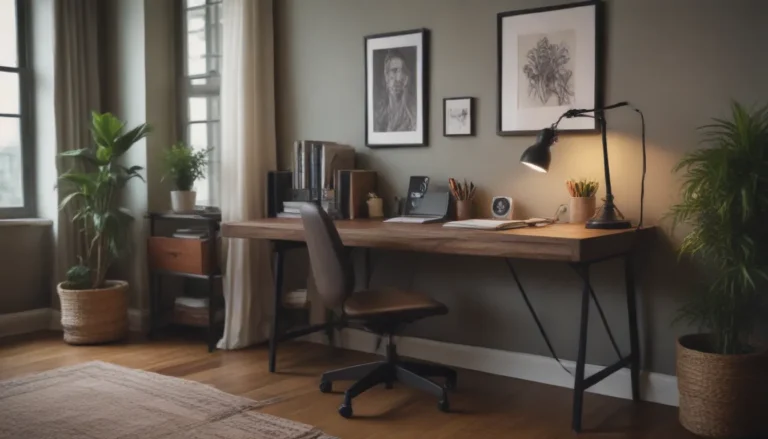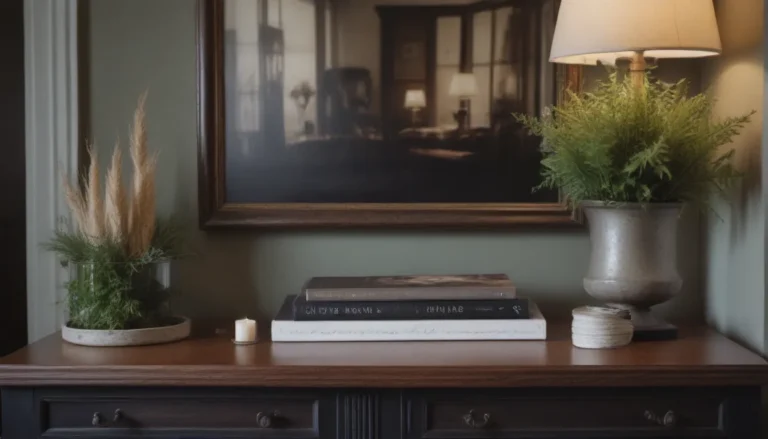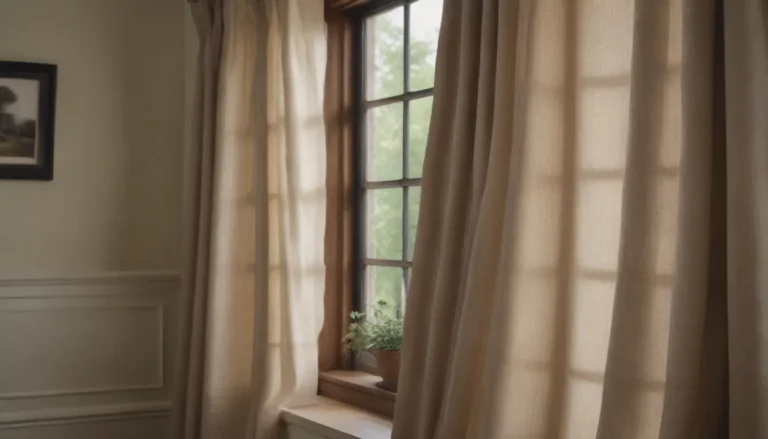Creating a Peaceful Oasis: Building the Perfect Sound Barrier Fence

Do you live in a bustling neighborhood with constant traffic noise disturbing your tranquility? While soundproof walls may seem like a dream, you can achieve a peaceful sanctuary right in your backyard with a well-designed sound barrier fence. In this comprehensive guide, we will explore the key factors to consider when constructing a sound barrier fence, additional strategies to enhance its effectiveness, and tips to block out road sounds effectively.
Understanding Sound Barrier Fences: What to Consider
When building a sound barrier fence, it is essential to focus on materials that offer maximum noise reduction. Here are some factors to consider:
- Mass Matters: The key principle behind effective sound barriers is mass. Opt for fences constructed with thick tongue-and-groove boards, heavy rails, and sturdy posts to create an impervious barrier that effectively blocks or deflects sound waves.
- Material Choices: While masonry walls are most effective at blocking road noise, wooden fences can also serve as sound barriers if built correctly. Ensure there are no gaps between the boards, and the fence is tall enough to prevent sound from traveling over it.
- Compliance with Regulations: Before installing a fence, submit a detailed plan to local authorities to ensure compliance with city ordinances. Tall fences situated close to the road may require approval to avoid obstructing visibility for drivers.
Enhancing the Effectiveness of Your Sound Barrier Fence
To maximize the noise-reducing qualities of your fence, consider incorporating additional elements such as:
- Mass-Loaded Vinyl: Improve the soundproofing capabilities of your wooden fence by adding mass-loaded vinyl during the construction phase. This material, when applied correctly, enhances the barrier’s ability to block out unwanted noise.
- Landscaping: Planting trees, shrubs, or other vegetation with substantial mass around your fence can further reduce noise levels. Evergreen plants are particularly effective at absorbing sound year-round and enhancing the overall noise-blocking properties of your barrier.
- White Noise Components: In addition to physical barriers, consider incorporating white noise elements like fountains or water features. These natural sounds can help mask street noise and create a more relaxing outdoor environment.
Tips to Block Road Sounds Effectively
If you’re looking for practical ways to mitigate road noise and create a peaceful outdoor space, try these noise-masking tips:
- Experiment with White Noise: Test out different sources of white noise, such as fountains or water features, to mask unwanted sounds and create a calming ambiance in your yard.
- Strategic Planting: Utilize trees, shrubs, and other plants to create a natural barrier that absorbs sound and enhances the effectiveness of your noise-blocking fence.
- Outdoor Sound Systems: Consider installing outdoor speakers or sound systems that play soothing music or nature sounds to drown out street noise and create a tranquil atmosphere.
By combining these strategies with a well-designed sound barrier fence, you can create a quiet, peaceful oasis right in your backyard. Remember, the key to effective noise reduction is a combination of physical barriers, landscaping, and white noise elements that work together to create a serene outdoor environment.
In conclusion, the key to constructing a good sound barrier fence lies in selecting the right materials, ensuring compliance with regulations, and incorporating additional elements to enhance its effectiveness. By following these guidelines and experimenting with different noise-masking techniques, you can create a private retreat where you can relax and enjoy the peace and quiet away from the hustle and bustle of the outside world. So, roll up your sleeves, get creative, and start building the perfect sound barrier fence for your home today!
Remember, a little effort now can lead to a lifetime of tranquility in your own backyard.





